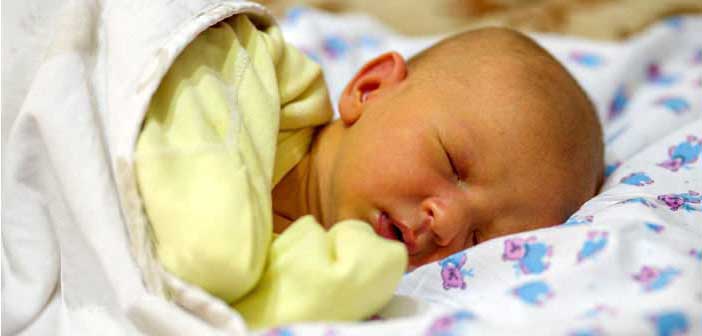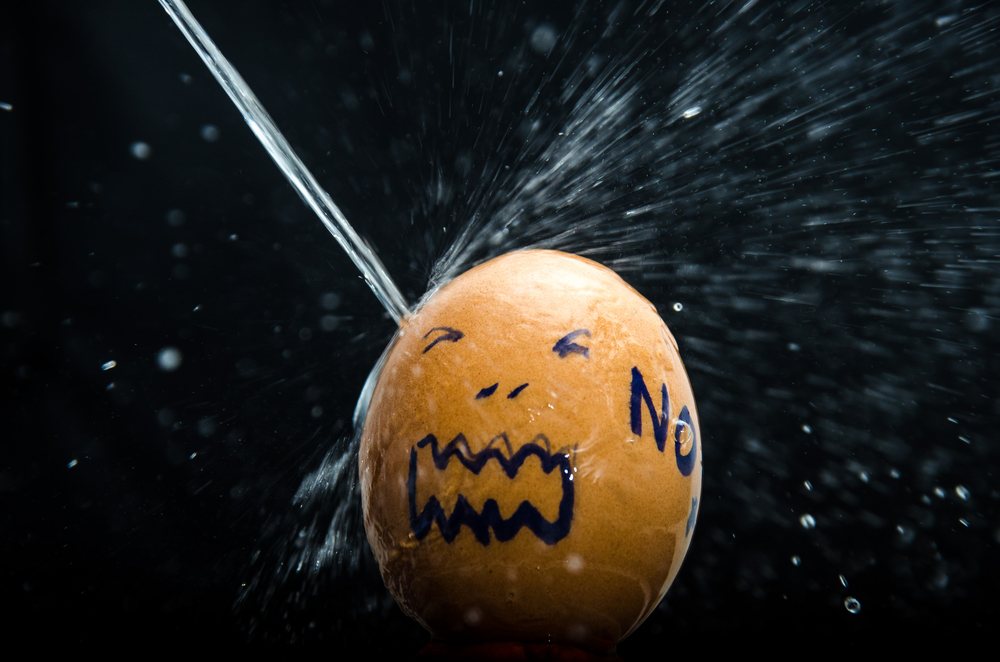Contents:
- Medical Video: Jaundice in Newborns (Pediatric Advice)
- Why do newborns experience jaundice aka yellow?
- Is it dangerous if the newborn has jaundice?
- When do I have to take my baby to the doctor?
- Are there other causes that cause newborns to turn yellow?
- What are the factors that make the newborn more at risk of experiencing jaundice?
Medical Video: Jaundice in Newborns (Pediatric Advice)
It is not uncommon for newborns to have yellow skin throughout their bodies. And almost all parents who see their babies born with such conditions, there must be a sense of worry, fear, and anxiety. Newborns with yellow skin conditions are also called jaundice or jaundice. Then is jaundice dangerous? What causes a baby to experience jaundice?
Why do newborns experience jaundice aka yellow?
Jaundice in newborns is characterized by skin and eyes that look yellow. Yellow skin in newborns is caused by high levels of bilirubin in the baby. Bilirubin is a yellow substance formed by the body from the remnants of damaged red blood cells.
In normal circumstances, the liver will filter bilirubin from the bloodstream and will release it into the digestive tract. Whereas in newborns who experience jaundice, their liver organs are not perfect and cannot function properly. Therefore, bilirubin is not completely filtered and is still present in the blood.
Is it dangerous if the newborn has jaundice?
Actually, a yellow baby at birth is a common thing and does not cause the baby to be in danger. This condition is experienced by at least 6 of 10 newborns. But in premature babies, this has a greater chance of occurring. According to the survey, 8 out of 10 premature babies will be born with yellow skin.
In some rare cases, yellow skin in infants indicates that he has another medical condition that requires medical treatment. But according to some studies, only 1 in 20 yellow babies need treatment and medical treatment. Most babies born with yellow skin will return to normal within a few days, or a maximum of 14 days after birth. In fact, many babies will recover in just 24 hours.
When do I have to take my baby to the doctor?
Severe jaundice that occurs in infants must be treated by a doctor immediately, this you can know if the baby is experiencing:
- Your baby's skin turns very yellow
- babies don't gain weight or don't want to suckle
- babies cry in high, high pitched tones
- Yellow baby lasts for more than 3 weeks
- newborns experience other symptoms and signs.
Severe jaundice and not being handled quickly, can cause the baby to experience various other conditions. Too much bilirubin in the body can poison the baby's brain.
Are there other causes that cause newborns to turn yellow?
But there are several causes that might cause a newborn baby to experience jaundice, namely:
- The baby is bleeding inside the body
- Experiencing inflammation to cause the body tissue to die
- Experiencing a viral or bacterial infection
- The heart cannot work perfectly
- And experience an enzyme deficiency
What are the factors that make the newborn more at risk of experiencing jaundice?
The following are risk factors that can cause a newborn baby to experience jaundice, namely:
- Premature birth, babies born before the 38th week do not have the ability to filter blood quickly as in babies born normal.
- Experience bruising during birth. During the labor process, it may experience bruising due to various things. This condition will be at risk for increasing bilirubin into the blood.
- Blood group. If the mother has a different type of blood group than the baby, the baby will form antibodies so that the blood is not mixed with the mother. This allows the baby to experience greater jaundice.
- Mother or baby is malnourished. Mothers who cannot fulfill their nutrition when they are breastfeeding are at risk to make the baby experience jaundice. In addition, dehydration or low intake that occurs in the baby can also lead to continuation in the baby.









